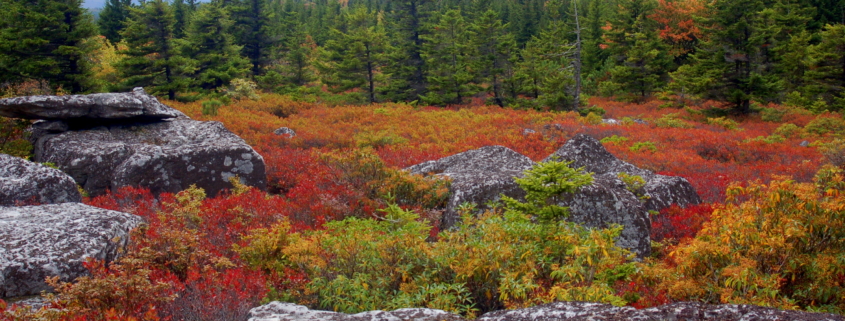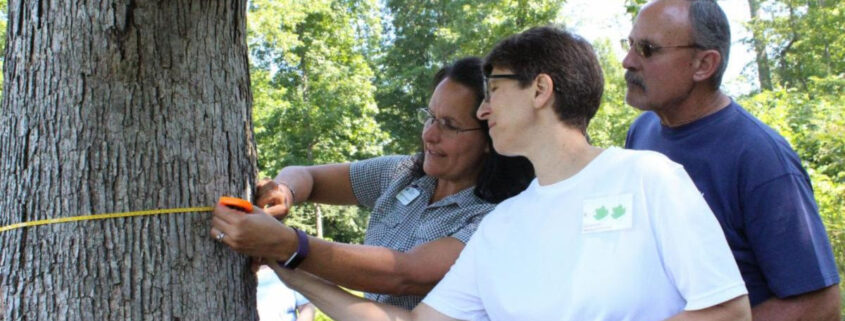Order Your Earth Science Week 2020 Toolkit Today
Place your order for an Earth Science Week 2020 Toolkit now. The toolkit contains everything you need to prepare for Earth Science Week (October 11-17, 2020), which celebrates the theme “Earth Materials in Our Lives.” This year’s toolkit includes:
- 12-month school-year activity calendar, suitable for hanging
- New Earth Science Week poster, including a learning activity
- Factsheet on minerals in cellphones and Navy gear from USGS
- NASA materials on water science and a poster on agriculture
- National Park Service resource on paleontology in our parks
- Factsheet from the Soil Science Society of America
- Geologic Map Day poster dealing with Earth materials
- Mineral Education Coalition material on mineral science
- IRIS flyer dealing with seismology and earthquakes
- AmericaView Earth materials board-game poster
- Geothermal Resources Council poster on energy science
- American Geophysical Union poster on environmental science
- UNAVCO sticker and poster on geoscience measurement
- Switch Energy Project sticky notes about energy science
- Hydrology flyer from Nutrients for Life Foundation
- Bureau of Land Management dinosaur coloring page
- National Science Foundation worksheets on rocks and water
- GemKids poster from Gemological Institute of America
- Water Footprint Calculator information on water science
- Forest Service, Paleontological Society, AIPG items and more
Order the Earth Science Week 2020 Toolkit today. The toolkit is free and available for the cost of shipping and handling. Pay just $8.50 for the first toolkit and $2.25 for each additional toolkit in the United States. See the AGI Store for special pricing on a multi-pack of three years’ toolkits addressing different topics.
Toolkits are available for advance order now. The Earth Science Week 2020 Toolkit will begin shipping in August 2020. For ordering, special shipping, bulk orders, and more information, email AGI Publications at [email protected]
About AGI
The American Geosciences Institute (AGI) is a nonprofit federation of scientific and professional associations that represents over a quarter-million geoscientists. Founded in 1948, AGI provides information services to geoscientists, serves as a voice of shared interests in the profession, plays a major role in strengthening geoscience education, and strives to increase public awareness of the vital role the geosciences play in society’s use of resources, resiliency to natural hazards, and interaction with the environment.
AGI is a not-for-profit 501(c)(3) organization dedicated to serving the geoscience community and addressing the needs of society. AGI headquarters are in Alexandria, Virginia.
The American Geosciences Institute represents and serves the geoscience community by providing collaborative leadership and information to connect Earth, science, and people.





